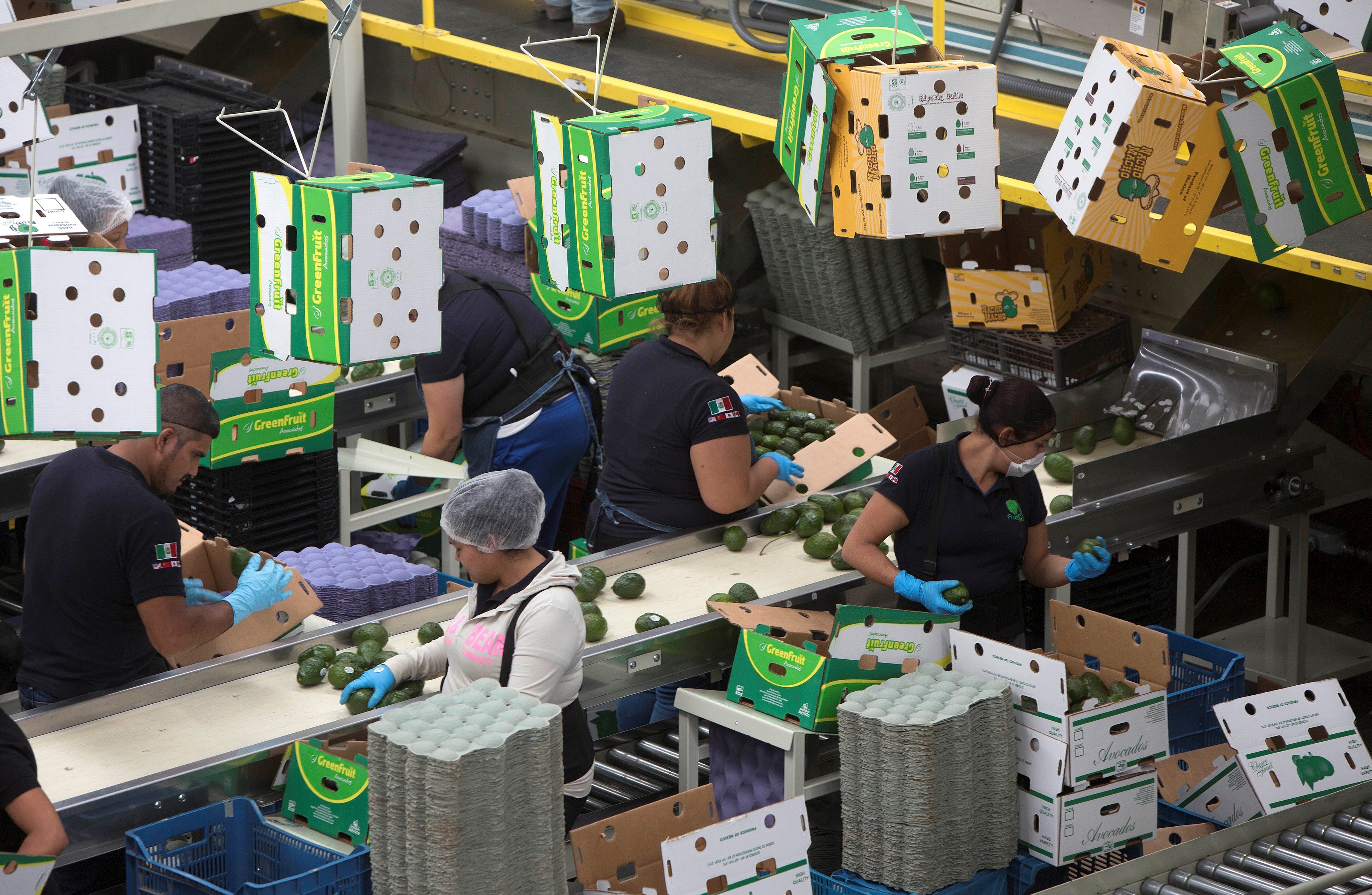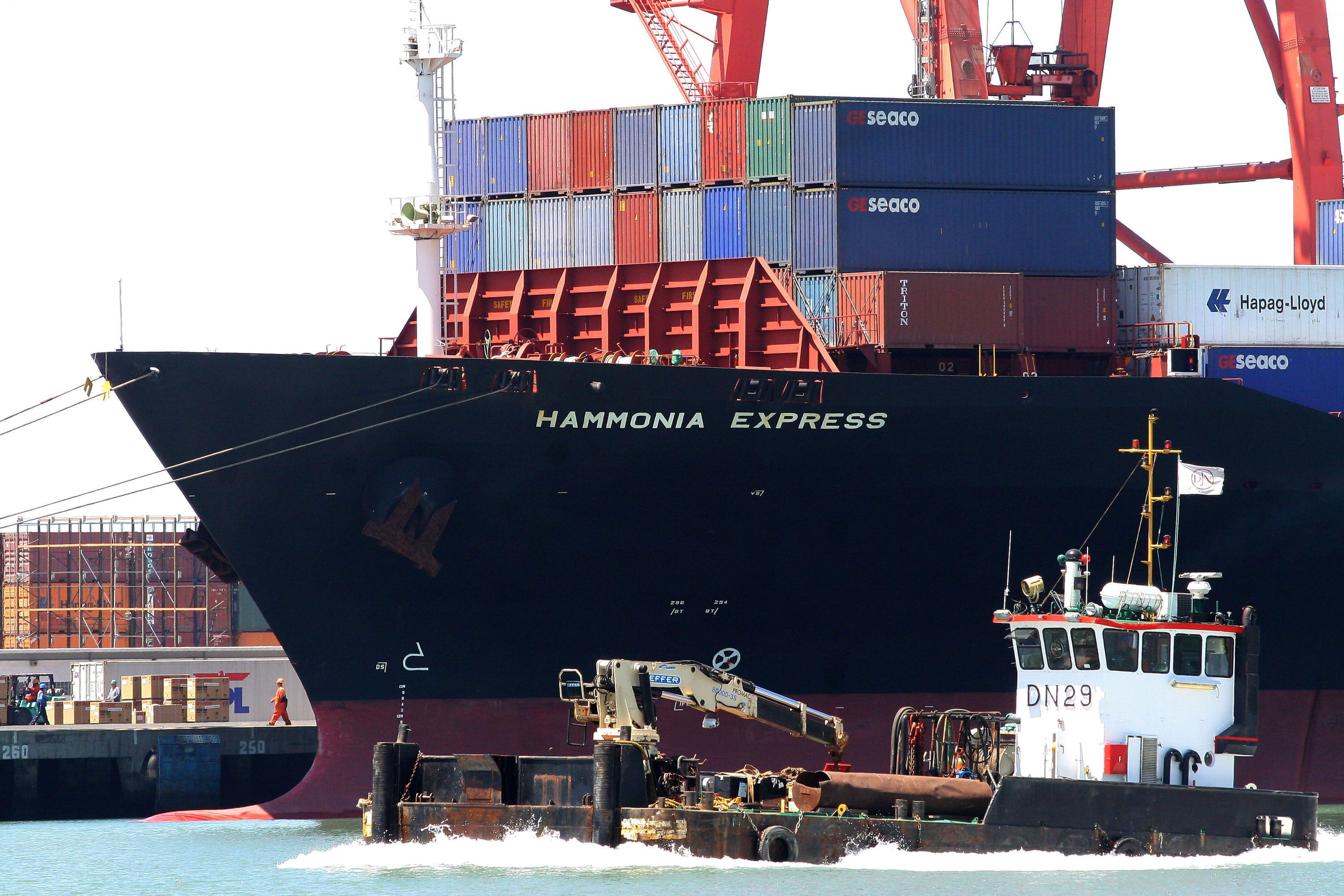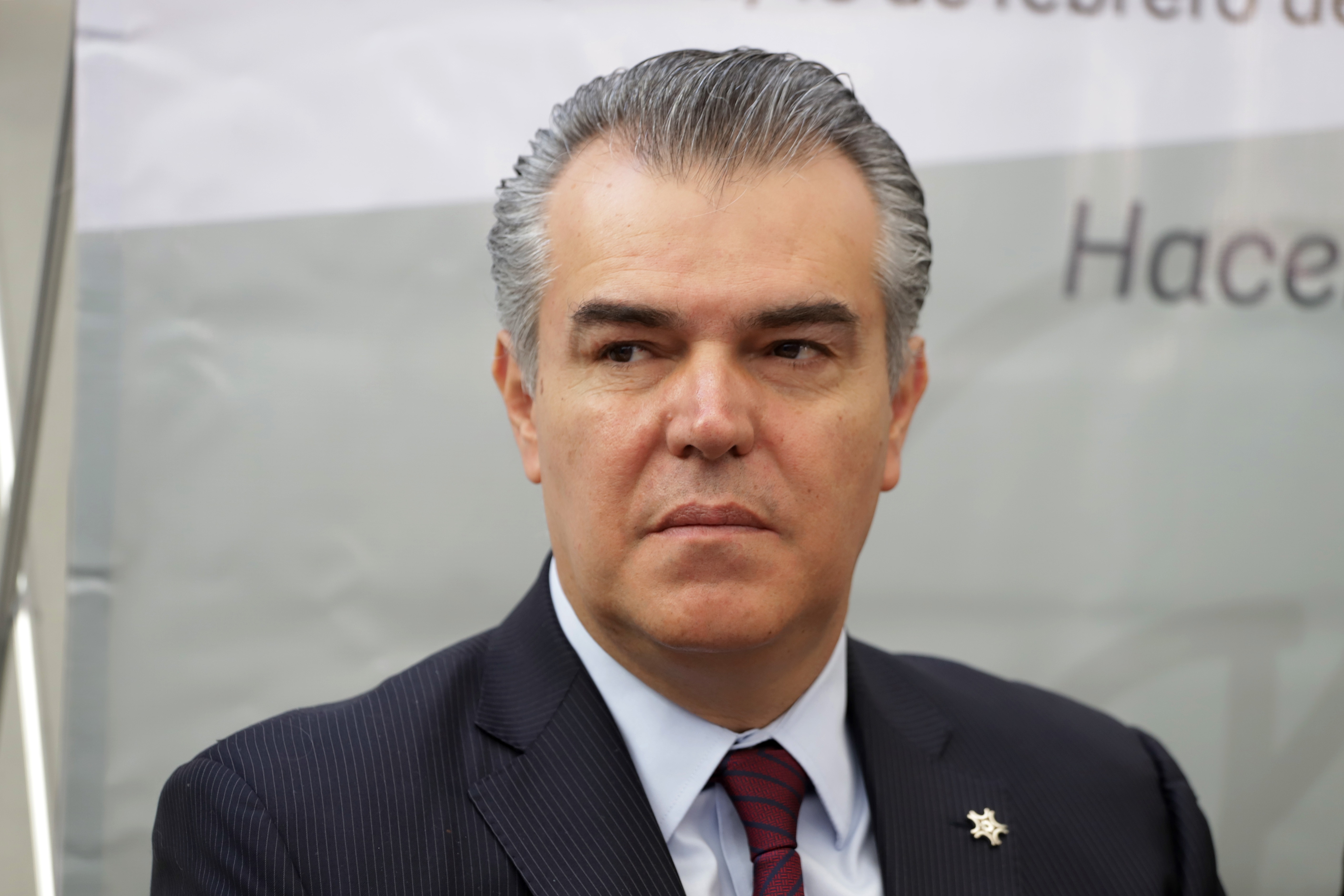
On Tuesday, the Business Coordinating Council (CCE) reported that, together with the United States Department of Labor, they reaffirmed their commitment to the Mexico-US-Canada Treaty (T-MEC) and to labor reform.
“As part of her work tour in Mexico, yesterday (Monday) the undersecretary of the United States Department of Labor (DOL), Julie A. Su, met with the president of the CDC, Francisco Cervantes,” the private sector leadership agency said in a statement.
The meeting was also attended by other leaders of the Mexican business community to address various issues of interest to the private sector.

According to the statement, the undersecretary and the president of the CCE agreed that the T-MEC, in force since July 2020, “lays the foundations for the economic competitiveness of the North American region and generates favorable conditions for the generation of jobs in both nations.”
“They also noted that the T-MEC contains the most advanced and complete set of trade, investment, labor and environmental provisions, compared to other international agreements of its kind,” the bulletin added.
Both sides also stressed that “its full implementation is key to maximizing its benefits for workers, employers and societies in member countries,” he added.
The president of the CCE, Francisco Cervantes, recognized the importance of the Mexican constitutional labor reform of 2017 and the implementation legislation of 2019, incorporated in the T-MEC, and reaffirmed the private sector's commitment to “full” compliance with labor legislation in the workplace.

Meanwhile, Undersecretary Julie A. Su reiterated the willingness of the United States Government “to continue to collaborate with the Mexican private sector in the implementation of the T-MEC and labor reform,” the text added.
Both Julie A. Su and Francisco Cervantes also addressed other aspects of the bilateral relationship, such as the existence of a significant number of skilled labor in the region.
As well as the importance of a close relationship between the US Department of Labor and the CDC, which they pledged to use in the future to make it thrive, the statement concluded.

One of the aspects that stand out in the Mexican labor reform is the elimination of outsourcing, better known as outsourcing.
The law came into force on September 1, 2021, which prohibits the outsourcing of personnel, that is, that no company can have its own employees for the benefit of another company with the same corporate purpose.
Subcontracting is only possible when the requested service is not part of the corporate purpose or preponderant economic activity of the beneficiary company.
With information from EFE
KEEP READING:
Últimas Noticias
Debanhi Escobar: they secured the motel where she was found lifeless in a cistern

The oldest person in the world died at the age of 119

Macabre find in CDMX: they left a body bagged and tied in a taxi
The eagles of America will face Manchester City in a duel of legends. Here are the details

Why is it good to bring dogs out to know the world when they are puppies




